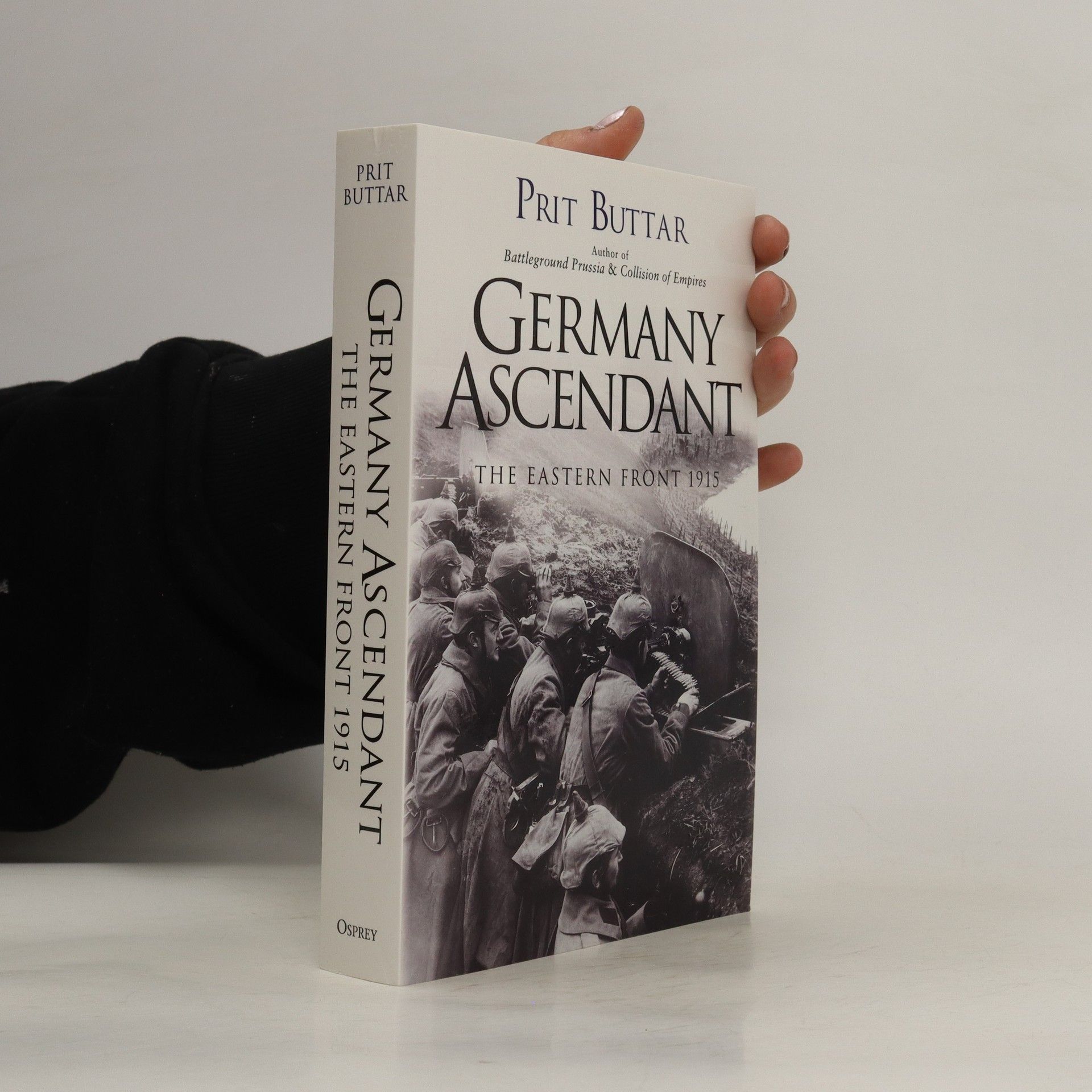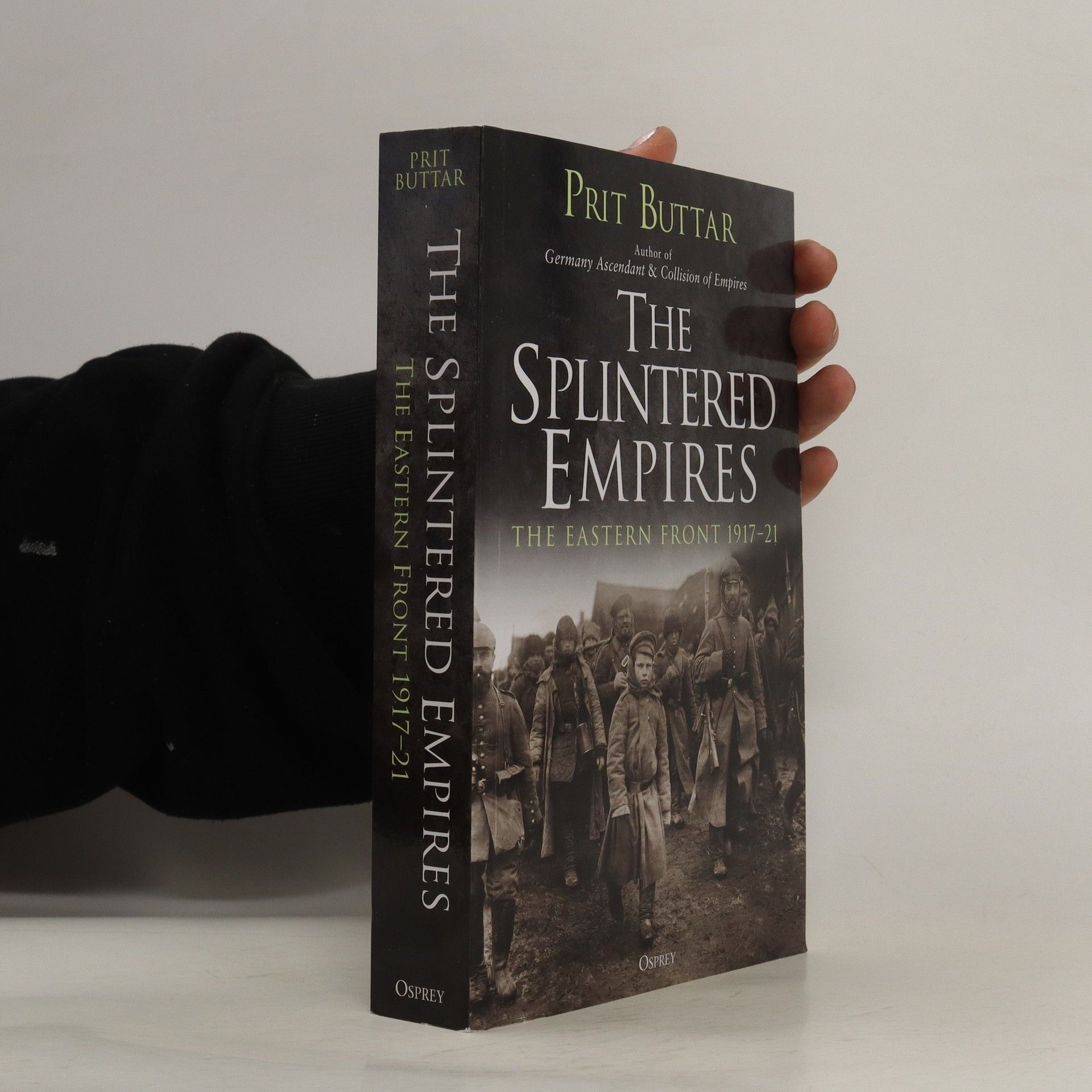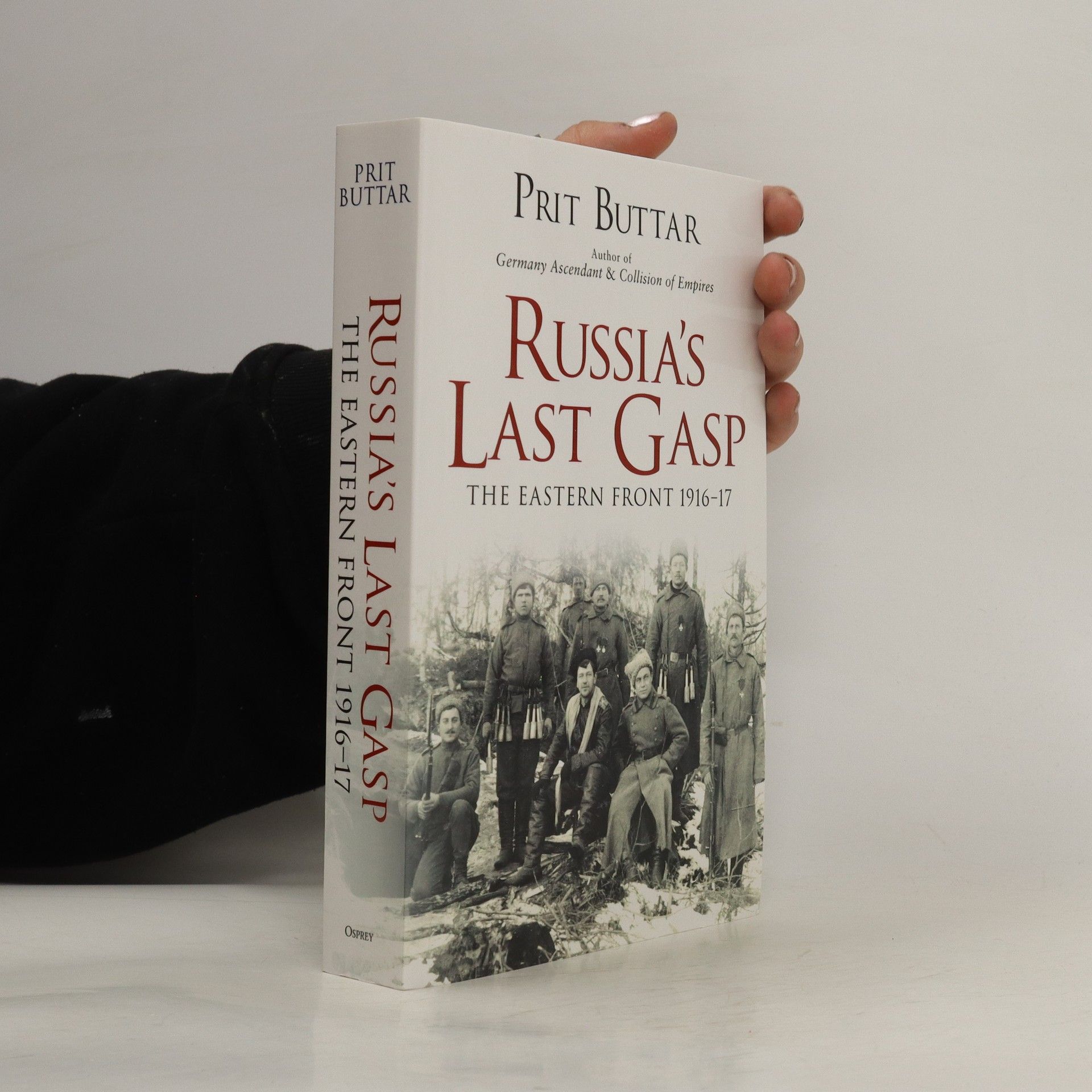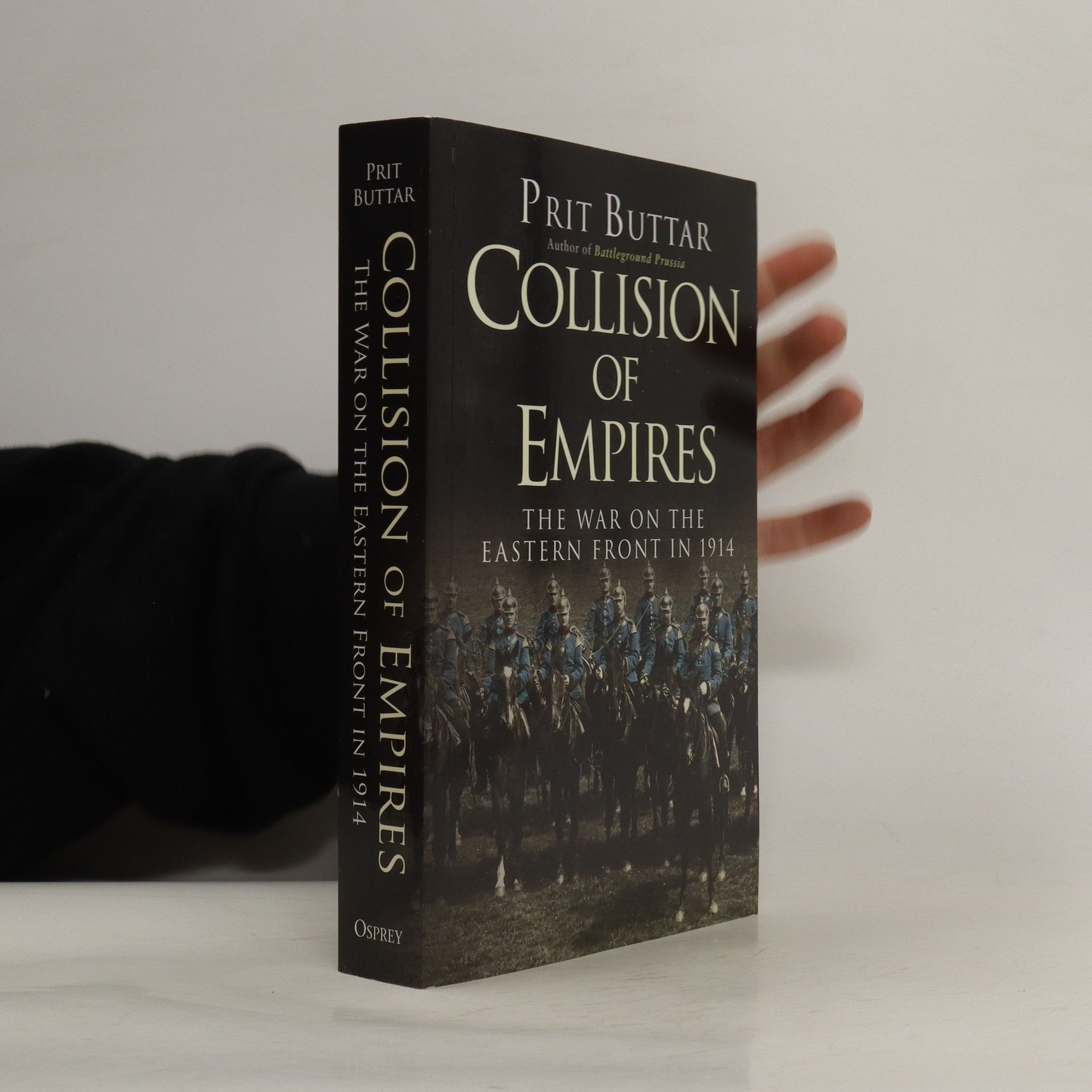Collision of Empires
- 488 stránek
- 18 hodin čtení
Collision of Empires is the first major historical work on the Eastern Front during World War I since the 1970s and is the first in a four-part series from Osprey to mark the centenary.
Tato rozsáhlá série se ponořuje do klíčových událostí a strategií první světové války na Východní frontě. Zkoumá brutální konflikty, politické machinace a lidské oběti, které definovaly toto rozsáhlé bojiště. Čtenáři se dočkají hlubokého vhledu do vojenských kampaní, které změnily běh dějin a ovlivnily osudy milionů. Každý svazek nabízí detailní a poutavý pohled na jednu z nejzásadnějších, avšak často méně probádaných částí Velké války.




Collision of Empires is the first major historical work on the Eastern Front during World War I since the 1970s and is the first in a four-part series from Osprey to mark the centenary.
The massive offensives on the Eastern Front during 1915 are too often overshadowed by the events in Western Europe, but the scale and ferocity of the clashes between Imperial Germany, Hapsburg Austria-Hungary, and Tsarist Russia were greater than anything seen on the Western Front and ultimately as important to the final outcome of the war. Now, with the work of internationally renowned Eastern Front expert Prit Buttar, this fascinating story of the unknown side of the First World War is finally being told. In Germany Ascendant, Buttar examines the critical events of 1915, as the German Gorlice–Tarnow Offensive triggered the collapse of Russian forces, coming tantalizingly close to knocking Russia out of the war altogether. Throughout the year, German dominance on the Eastern Front grew--but stubborn Russian resistance forced the continuation of a two-front war that would drain Germany's reserves of men and equipment. From the bitter fighting in the Carpathian Mountains, where the cragged peaks witnessed thousands of deaths and success was measured in feet and inches, to the sweeping advances through Serbia where the capital Belgrade was seized, to the almost medieval battle for the fortress of Przemysl, this is a staggeringly ambitious history of some the most important moments of the First World War.
In Russia's Last Gasp, now in paperback, Prit Buttar looks at one of the bloodiest campaigns launched in the history of warfare--the Brusilov Offensive, sometimes known as the June Advance. With British, French and German forces locked in a stalemate in the trenches of the Western Front, an attack was launched by the massed Russian armies to the east. The assault was intended to knock Austria-Hungary out of the war and divert German troops from the Western Front, easing the pressure on Russia's allies. Russia's dismal military performance in the preceding years was forgotten, as the Brusilov Offensive was quickly characterized by innovative tactics. Most impressive of all was the Russian use of shock troops, a strategy that German armies would later use to great effect in the final years of the war. Drawing on first-hand accounts and detailed archival research Buttar gives a dramatic retelling of final years of the war on the Eastern Front, with the Russian Army claiming military success at a cost so high that it was never able to recover.
At the beginning of 1917, the three empires fighting on the Eastern Front were reaching their breaking points, but none was closer than Russia. After the February Revolution, Russia's ability to wage war faltered and her last desperate gamble, the Kerensky Offensive, saw the final collapse of her army. This helped trigger the Bolshevik Revolution and a crippling peace, but the Central Powers had no opportunity to exploit their gains and, a year later, both the German and Austro-Hungarian empires surrendered and disintegrated. Concluding his acclaimed series on the Eastern Front in World War I, Prit Buttar comprehensively details not only these climactic events, but also the "successor wars" that raged long after the armistice of 1918. New states rose from the ashes of empire, and war raged as German forces sought to keep them under the aegis of the Fatherland. These unresolved tensions between the former Great Powers and the new states would ultimately lead to the rise of Hitler and a new, terrible world war only two decades later.